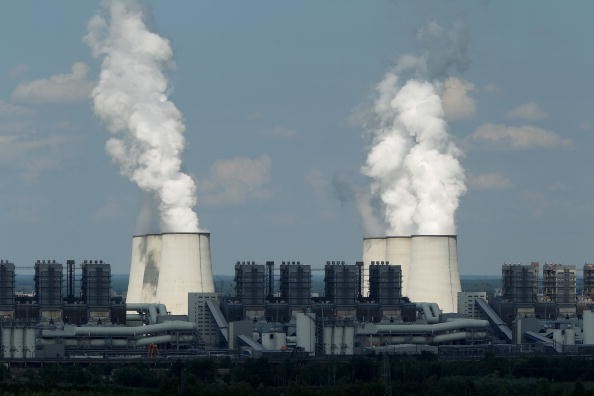In what is being hailed by many as a triumphant close to the 2015 Paris Climate Conference, world leaders have come to a landmark agreement to reduce emissions and limit global temperature to under 2°C.
Representatives from over a hundred countries ratified the Paris Agreement at the conclusion of the two-week conference in France spearheaded by the United Nations.
The main thrust of the new accord is keeping global temperature rise to below the 2°C threshold scientists predicted will be reached within the next few decades, instead, keeping it as close to just 1.5°C as possible, IFLScience.com reported.
To meet the goal, China and the United States, the top two carbon emission producers, have pledged to implement significant changes in their economies to cut down on the amount of carbon they release into the atmosphere.
China said that it will aim to move away from a carbon-intensive economy, instead focusing development of sustainable and renewable energy sources. The country is currently ranked as the leading emitter of greenhouse gases, accounting for a quarter of the amount released in 2015.
For its part, the US said that it will reduce its emissions by as much as 28 percent and go below its 2005 levels. It is responsible for 15 percent of emissions.
The two, along with other developed nations, also pledged to put up $100 billion a year to help developing countries transition to clean energy resources. The Paris accord will also require that each nation's progress in emission control be reviewed every five years.
United Nations Secretary-General Ban Ki-moon hailed the agreement as a historic development. He said, "For the first time, we have a truly universal agreement on climate change, one of the most crucial problems on Earth."
French president Francois Hollande described the agreement as a "major leap for mankind." However, several groups have expressed concern about how effective the accord would be once implemented.
Environmental campaign group Global Justice Now, through its director Nick Dearden, pointed out that several of the agreement's key points, including each nation's emission reduction targets, are not legally binding, which can have an impact on its effectiveness.
Meanwhile, the World Wildlife Fund said that the agreement's success will heavily depend on governments being able to deliver fast action on their climate concerns, as well as the efforts of citizens to press these governments for more response, the Daily Telegraph reported.
Nevertheless, both the US and China welcomed the accord. US president Barack Obama described it as "what is possible when the world stands as one" in his speech at the White House. Meanwhile, chief Chinese climate negotiator Xie Zhenhua said that, while the accord is not perfect, they are willing to go ahead with the historic step.



























